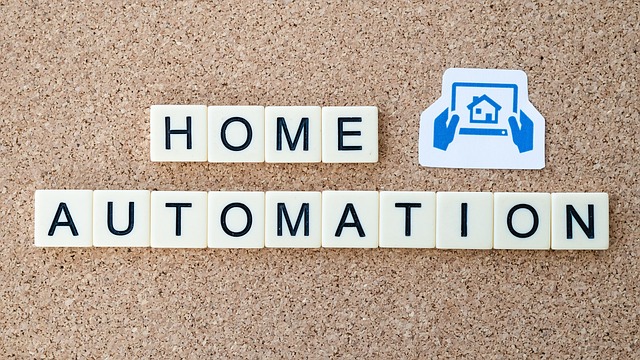Smart Home Technology: Automation Trends and Privacy Considerations
Smart home technology has transformed from a futuristic concept into an accessible reality for millions of households worldwide. Connected devices now manage everything from lighting and temperature control to security systems and entertainment, creating seamlessly integrated living environments that respond to our daily needs and preferences.

Emerging Trends in Smart Home Automation
The landscape of smart home automation continues to evolve rapidly, with artificial intelligence and machine learning driving the next generation of connected devices. Voice assistants have become central hubs, coordinating multiple systems through natural language commands. Advanced sensors now detect occupancy patterns, automatically adjusting lighting, heating, and cooling based on real-time usage data.
Interoperability between different brands and platforms has improved significantly, with standards like Matter enabling seamless communication across various ecosystems. Energy management systems integrate solar panels, battery storage, and smart appliances to optimize power consumption and reduce utility costs. Predictive maintenance features alert homeowners to potential issues before they become costly problems.
How Connected Devices Influence Daily Routines
Smart home devices have fundamentally altered how people interact with their living spaces throughout the day. Morning routines now begin automatically as sensors detect movement, gradually increasing lighting levels and adjusting room temperature. Coffee makers start brewing based on alarm settings, while smart mirrors display weather forecasts and calendar appointments.
Evening routines have become equally sophisticated, with devices learning individual preferences for lighting scenes, entertainment options, and security protocols. Smart locks automatically engage when residents leave, while security cameras provide remote monitoring capabilities. Sleep optimization features gradually dim lights and adjust room temperature to promote better rest quality.
Workflow automation extends beyond basic scheduling, with devices responding to contextual cues like weather conditions, traffic patterns, and energy pricing. These systems create personalized environments that adapt to changing needs without requiring constant manual input.
Privacy Concerns in the Age of Smart Living
The proliferation of connected devices has raised significant privacy and security considerations for smart home users. Data collection practices vary widely among manufacturers, with some companies gathering extensive information about usage patterns, voice recordings, and behavioral data. Understanding what information devices collect and how it’s stored, shared, or sold becomes crucial for informed decision-making.
Network security represents another critical concern, as poorly secured devices can provide entry points for unauthorized access to home networks and personal information. Regular software updates, strong password protocols, and network segmentation help mitigate these risks. Users should research manufacturers’ privacy policies and security track records before purchasing connected devices.
Local processing capabilities in newer devices reduce reliance on cloud-based services, keeping sensitive data within the home network. End-to-end encryption and user-controlled data sharing options provide additional privacy protections. Balancing convenience with privacy requires careful consideration of which devices truly add value versus those that primarily serve data collection purposes.
| Product Category | Average Cost Range | Key Features | Installation Complexity |
|---|---|---|---|
| Smart Thermostats | $150-$400 | Learning algorithms, remote control, energy reports | Moderate |
| Security Systems | $200-$800 | Motion detection, smartphone alerts, cloud storage | Low to High |
| Smart Lighting | $15-$100 per fixture | Color changing, scheduling, voice control | Low |
| Voice Assistants | $30-$200 | Voice commands, smart home integration, streaming | Low |
| Smart Locks | $100-$350 | Keyless entry, remote access, activity logs | Moderate |
Prices, rates, or cost estimates mentioned in this article are based on the latest available information but may change over time. Independent research is advised before making financial decisions.
The integration of smart home technology continues advancing at a remarkable pace, offering unprecedented convenience and control over living environments. While privacy and security considerations require careful attention, the benefits of automation, energy efficiency, and enhanced comfort make smart homes an increasingly attractive option for modern households. Success depends on thoughtful device selection, proper security implementation, and ongoing awareness of privacy implications as technology continues evolving.




